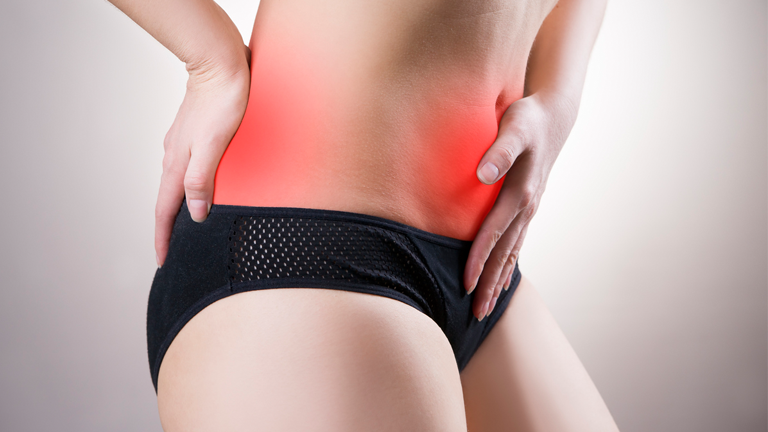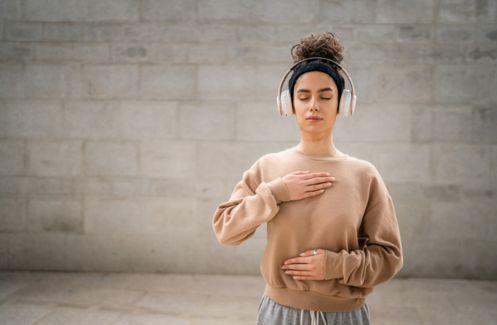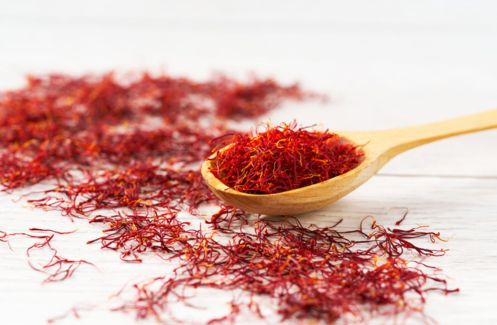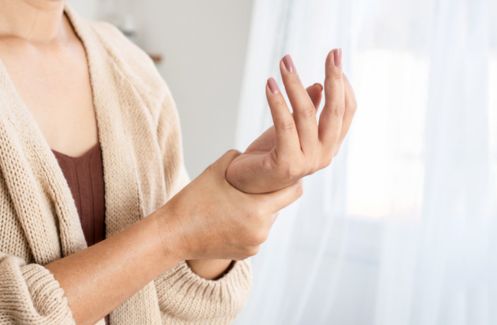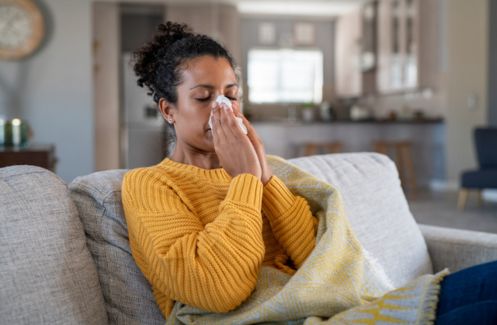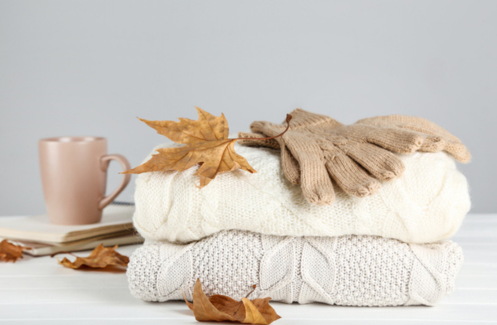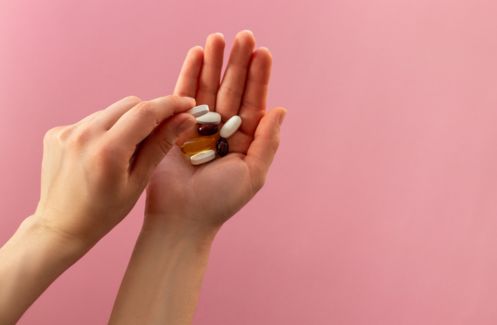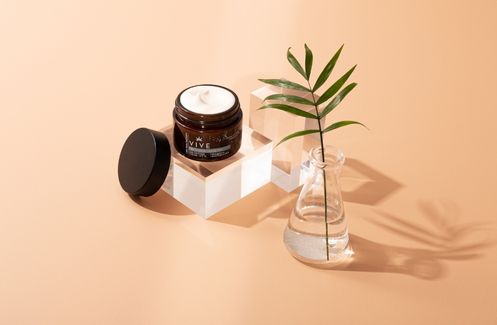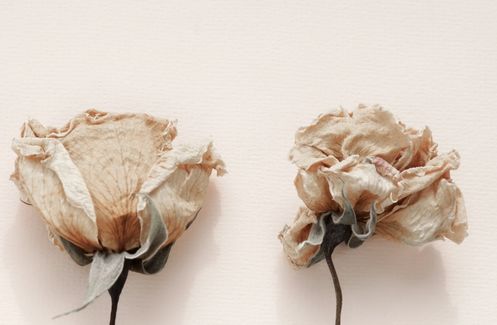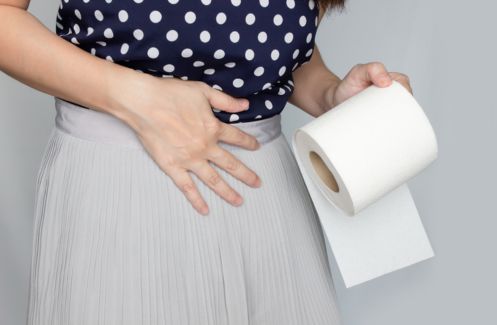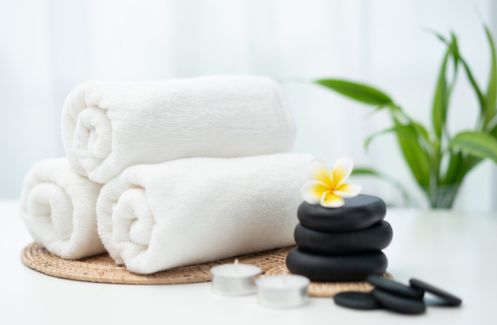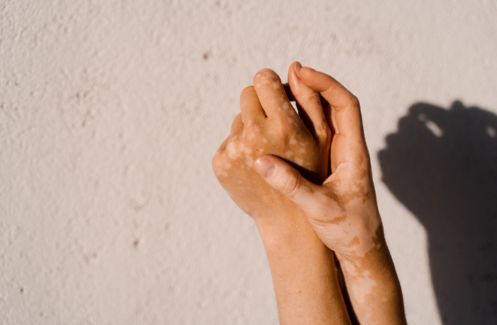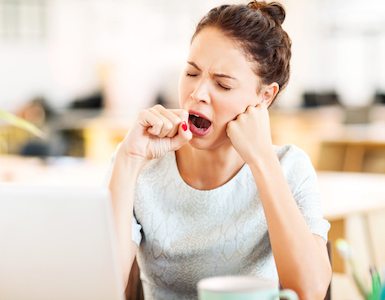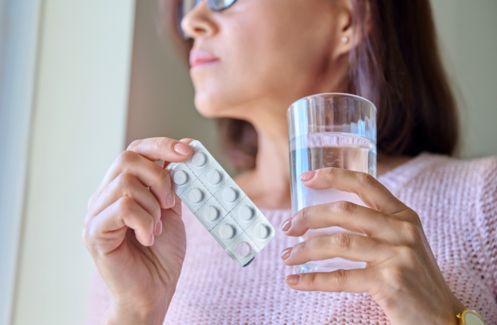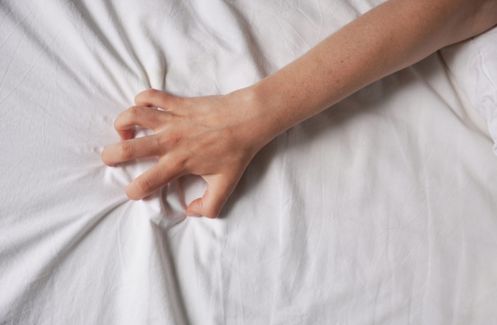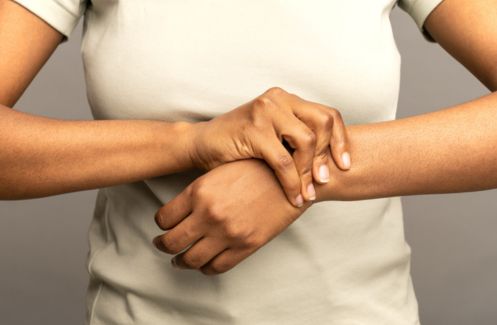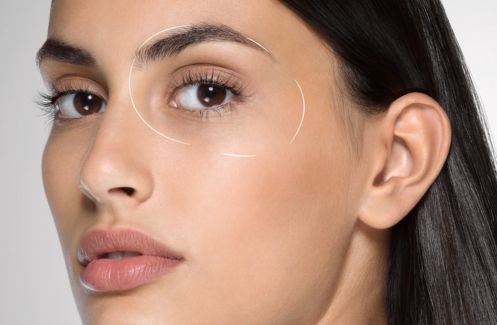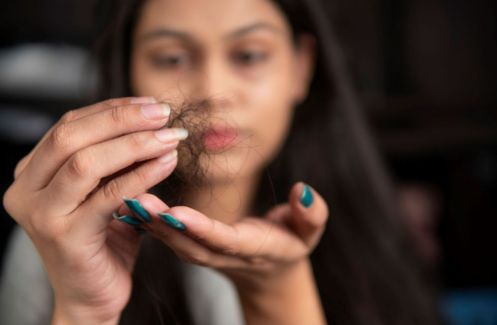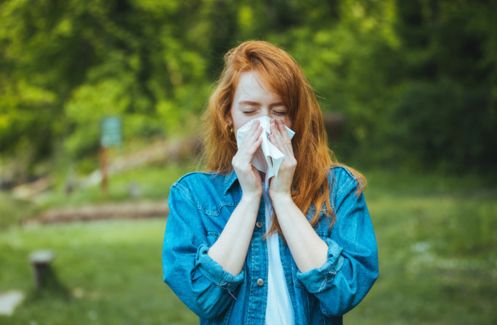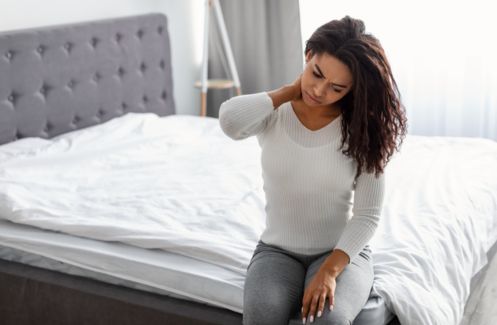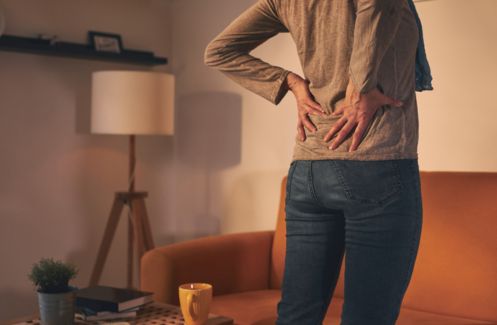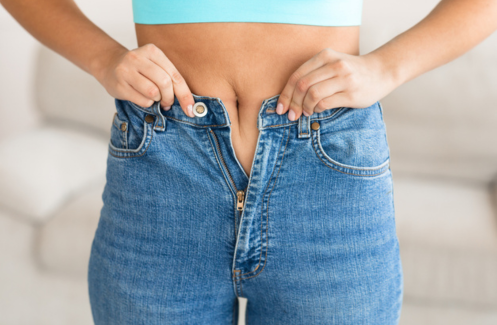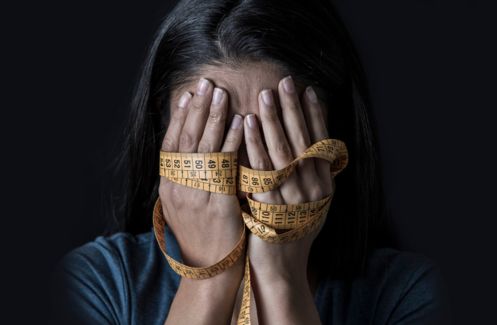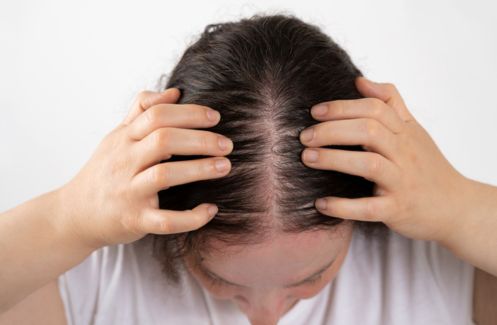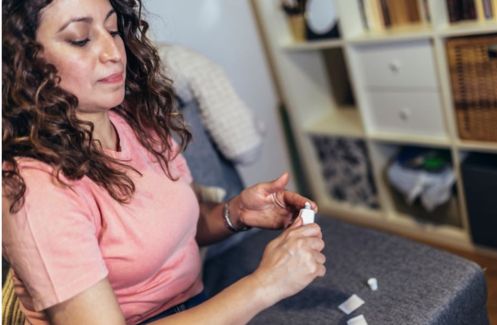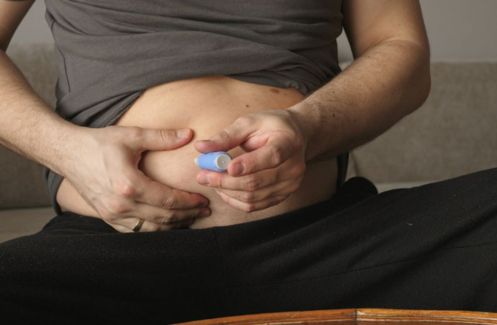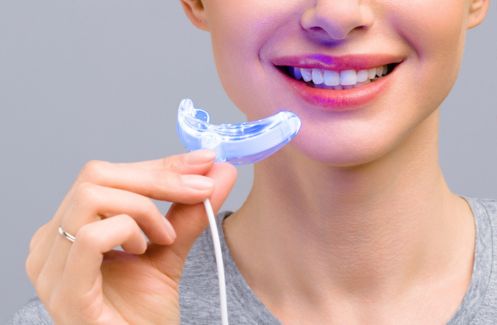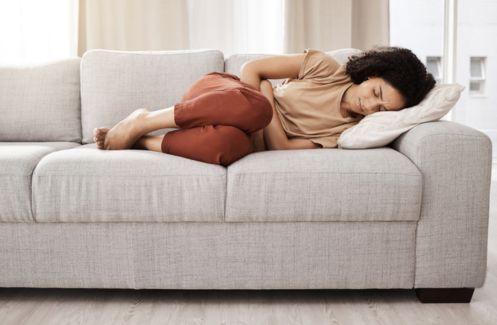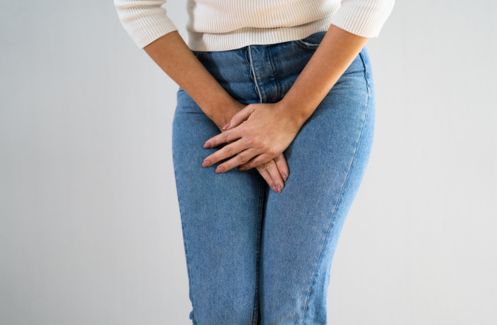Does it burn when you pee? Not to worry. NHS GP Dr Preethi Daniel has expert advice one of the most common problems faced by women – urinary tract infection (UTI)
It has been estimated that 50-60 percent of women will experience at least one Urinary Tract Infection (UTI) during the course of their life. Many women experience this burning infection more than once, and some are simply more prone to UTIs than others.
For the one in five women who experience frequent or recurrent UTIs, it has been found that staying hydrated and increasing your overall water consumption can cut risks of a bladder infection nearly in half, say researchers form the University of Miami.
Although logical thinking and common sense has led to the advice of drinking plenty of water to help prevent and alleviate signs of UTIs in the past, there is now evidence to prove this assumption.
Dr Thomas Hooton (an infectious disease professor who specializes in UTIs) and his team carried out and published their findings in JAMA Internal Medicine. A study of 140 premenopausal women in Europe who all suffer from recurrent UTIs, were told to up their water intake to at least six glasses of water everyday for 12 months.
They found that those who drank more water were less likely to suffer from UTIs. The less-hydrated women had nearly twice as many bladder infections over the 12 months with a frequency of about 3.2, compared to 1.7 for those women who drank six or more glasses of water a day.
‘This study provides convincing evidence that increased daily intake of water can reduce frequent UTIs,’ says Hooton.
With the expense of repeat antibiotics to help recurrent UTI problems, staying hydrated may not only be the easiest option but the cheapest too.
What is a Urinary Tract Infection (UTI)?
The unmistakable twinge and the continuous feeling of needing to pee are a few key symptoms of a Urinary Tract Infection (UTI) – a bug bear of women everywhere. How could something so simple, cause so much discomfort and disruption to our daily lives? UTIs can affect different parts of your urinary tract, including your bladder (cystitis) or kidneys (kidney infection) or urethra (urethritis).
Ever remember being told to wipe from front to back after using the toilet? There is a good reason for this. This is because the urethra is very close to the anus. Bacteria, such as E. coli, are then able to move from the anus and enter into the urethra. This can then move into the bladder, and if the infection isn’t treated, it can then affect the kidneys.
The most common is the infection of the bladder, also known as cystitis. For those who are more prone to UTIs, this may be because they have a shorter urethra, which easily allows bacteria to flow to the bladder.
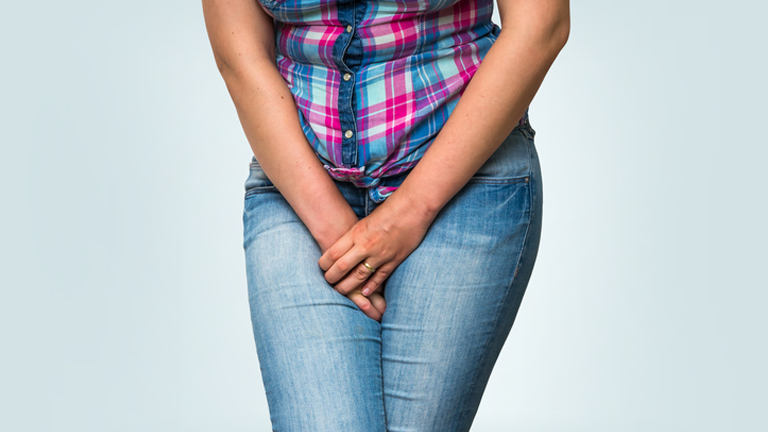
Symptoms to keep an eye out for
- If you feel a burning sensation after you urinate
- The constant urge to urinate, even though when you visit the bathroom little comes out
- Discomfort and pain in your back or lower abdomen
- Cloudy or foul-smelling urine
- Feeling tired
- Chills or a fever
If the infection has gone into the kidneys, you may experience
- Nausea and vomitting
- Fever and high temperature
- Back pain
- Chills
You should visit the doctor as soon as these symptoms occur, as the longer you ignore those uncomfortable feelings your condition can worsen. A urine test can be done in most medical clinics, which can identify if you have a urine infection. A more thorough urine test may be necessary to identify what strain of bacteria you have and also to identify which medication would be best.
Treatments for UTIs
If your Doctor diagnoses your condition as a urinary tract infection, you will be given a course of antibiotics. You must take the course as directed from your Doctor.
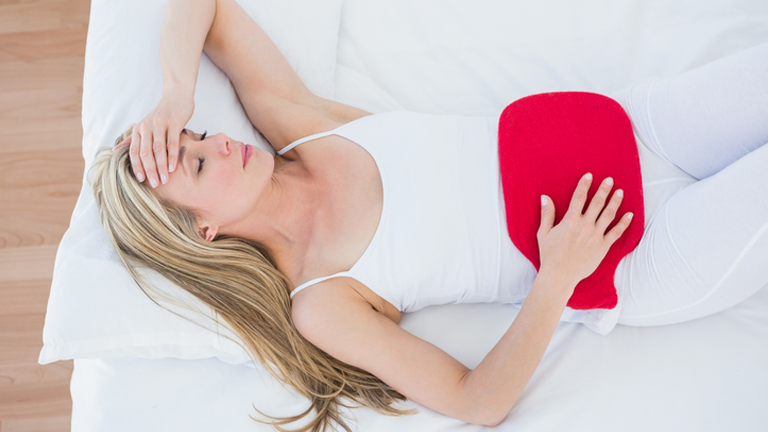
How to help with discomfort while you wait for the antibiotics to kick in
- Painkillers such as paracetamol and ibuprofen, which are readily available, are a good assistance medication to help with pain relief before the antibiotics relieve you of the uncomfortable symptoms.
- Soothe pain with heat. A hot water bottle/ heat pad or a hot bath will help ease the pressure and cramps experienced with UTIs.
- Avoid high acid content food such as, strawberries, grapefruit, pineapple and orange juice. This will increase the burn when you urinate…and you don’t need that!
- You might have to miss out on your Thursday evening drinks with you work friends as coffee and alcohol are best to avoid.
Your symptoms will usually subside within three to five days after beginning the course of antibiotics. It is important for your recovery that you complete the entire course of treatment. This is because even if your symptoms have gone away, it does not mean the urine infection has completely cleared.
If during or after the course of antibiotics you experience any of the following, you should seek medical advice promptly:
- If you are still experiencing pain when urinating or fever has not disappeared after two days of antibiotic treatment.
- If you are suffering severe side effects from the medication prescribed
- If you are unable to keep fluids or medication down due to nausea or vomiting
- Developing signs of a kidney infection (such as chills, high fever and pain in your upper abdomen or back and sides)
How to prevent further urine infections

- Women and girls should wipe from front to back, as this prevents bacteria from the anus entering the urethra
- Make sure you completely and regularly empty your bladder throughout the day
- Drink plenty of fluids, especially water
- Women should empty their bladder after sexual intercourse
It is important to identify if you are suffering from recurrent urinary tract infections, as you may need to visit your GP. Although UTIs are more frequent in women, it is important for men to also keep an eye on any symptoms such as: painful urination, needing to urinate often, blood in the urine and lower abdominal pain. The best advice for UTIs is to get medical help as soon as you feel any discomfort or pain, as the longer you leave it the worse it will get.
Dr Preethi Daniel is an NHS GP in Hertfordshire and Clinical Director at London Doctors Clinic. She graduated from Kings College London in 2010 and has since gained extensive experience in various hospital specialties during her postgraduate medical and surgical training before becoming a GP.
More Healthista content:
6 libido boosters to try tonight
10 perimenopause symptoms that could explain your moods, aches and low libido
5 fertility mistakes your MAN is probably making
7 ways to get your sex life back after babies – a detailed expert’s guide
5 ways sex can make you HEALTHIER
This clitoral vibrator mimics oral sex (and has even won an award for it)
Like this article? Sign up to our newsletter to get more articles like this delivered straight to your inbox.



